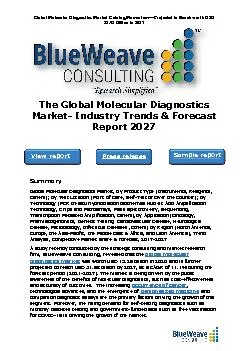PDF-[EPUB] - Molecular Gastronomy: Scientific Cuisine Demystified
Author : MaciasMooney | Published Date : 2021-09-27
Molecular Gastronomy Scientific Cuisine Demystified aims to clarify and explain the fascinating world of molecular gastronomy It offers the reader crucial knowledge
Presentation Embed Code
Download Presentation
Download Presentation The PPT/PDF document "[EPUB] - Molecular Gastronomy: Scientif..." is the property of its rightful owner. Permission is granted to download and print the materials on this website for personal, non-commercial use only, and to display it on your personal computer provided you do not modify the materials and that you retain all copyright notices contained in the materials. By downloading content from our website, you accept the terms of this agreement.
[EPUB] - Molecular Gastronomy: Scientific Cuisine Demystified: Transcript
Download Rules Of Document
"[EPUB] - Molecular Gastronomy: Scientific Cuisine Demystified"The content belongs to its owner. You may download and print it for personal use, without modification, and keep all copyright notices. By downloading, you agree to these terms.
Related Documents

![PDF-[EPUB] - Molecular Gastronomy: Scientific Cuisine Demystified](https://thumbs.docslides.com/887300/epub-molecular-gastronomy-scientific-cuisine-demystified-l.jpg)










![[DOWNLOAD] - The New Wildcrafted Cuisine: Exploring the Exotic Gastronomy of Local Terroir](https://thumbs.docslides.com/890514/download-the-new-wildcrafted-cuisine-exploring-the-exotic-gastronomy-of-local-terroir.jpg)
![[EPUB] - Molecular Gastronomy: Scientific Cuisine Demystified](https://thumbs.docslides.com/892597/epub-molecular-gastronomy-scientific-cuisine-demystified-6157cbf1d5743.jpg)
